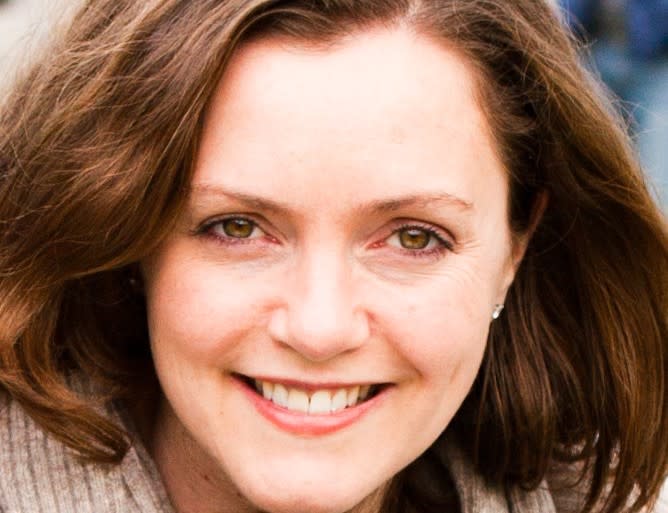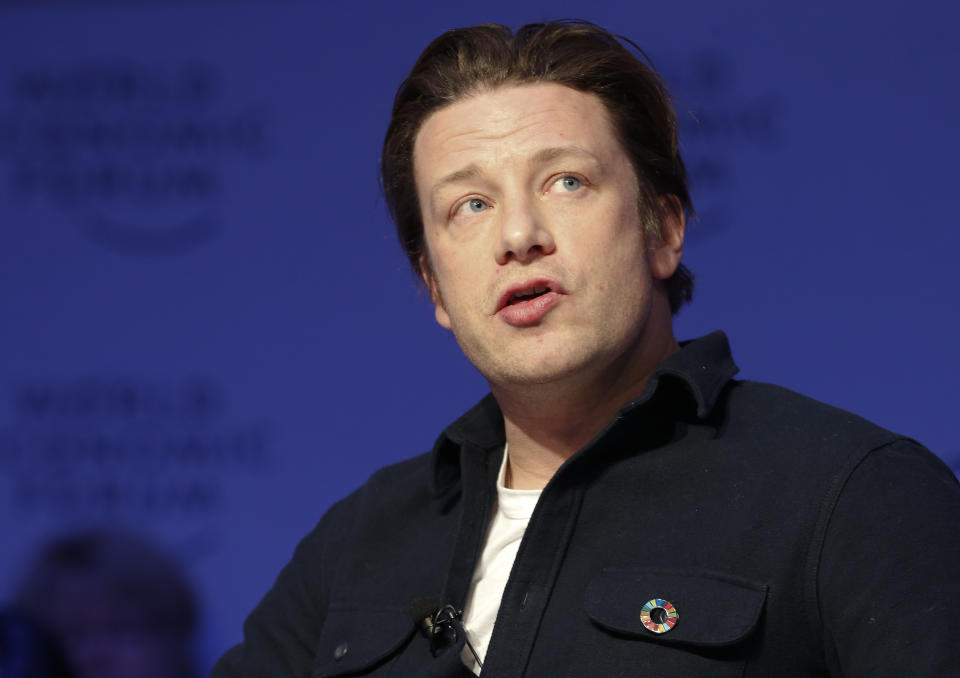Ex-Barclays innovation head: There's 'opportunity to re-think value'

The former chief innovation officer at Barclays (BARC.L) thinks society should rethink the way businesses are valued to take into account things like company culture and environmental impact.
“I think there might be an opportunity for us to re-think value,” Kirsty Rutter told Yahoo Finance UK.
“Accounting and value is a bit like time — it’s a man created measurement. There’s nothing to say we can’t rewrite it, but we haven’t identified the right additional parameters to include in that measurement to give us something that we’re all comfortable with.”
Rutter’s comments, made in her first interview since leaving Barclays, come as auditors and investors around the world struggle to value companies and account for things like environmental impact.
UBS (UBS) chairman Axel Weber recently called for financial market reform to reflect climate change risk, a cause that Bank of England governor Mark Carney has also championed.
READ MORE: Top HR chief attacks ‘s*** jobs’ at Amazon warehouses
The global B Corp movement is another attempt to build ethical goals into company accounting, tying management to social and environmental targets as well as financial ones. Jamie Oliver recently pledged to turn his remaining restaurant business into a B Corp.

“All of those intangibles are an opportunity for re-thinking,” Rutter said. “I don’t think we’ve yet put enough science around what we could understand. I think that’s probably still five, 10-plus years out.”
Critics argue valuation standards have been loosened in recent years by auditors and investors too willing to agree with management.
The ‘big four’ auditors have been criticised in the UK for failing to question value judgments made by clients. It follows a series of scandals, such as the collapses of BHS, Carillion, and Patisserie Valerie.
In the US, the multi-billion-dollar office provider WeWork has been widely mocked for its use of “Community-adjusted EBITDA” as an earnings measure. It is currently facing a battle to work out the right price for its IPO and is revising down its valuation by tens of billions.
READ MORE: Property sales to fall as ‘never-ending Brexit saga’ spooks market
“You can absolutely play devil’s advocate because what’s the saying? When the sea goes out you can see who’s not wearing any trunks,” said Rutter.
“What does matter in my view is how you run a business and the values and culture that you instil in that business, so that you’re doing things for the right reasons.”
She said valuation was a “struggle” and the shift in methodology is not “in any way shape or form finished evolving.”
Rutter served as chief innovation officer at Barclays UK for two years before leaving in May. She recently joined the advisory board of Australian finance firm Mayfair 101.
“What they’re doing is bringing new opportunities, they’re disrupting the market, bringing cap market type products to retail investors,” Rutter said. “They are investing in new businesses, providing capital and advice.”
She declined to give details about what products Mayfair 101 was planning to launch in the UK. In Australia, the company is known for IPO Wealth, which sells fixed rate products to institutional investors and uses the funds to back businesses. IPO Wealth has raised over $100m (£81m) from investors in Australia.
Update: A spokesperson for Mayfair 101 said: “Mayfair 101 is an international investment and corporate advisory group that is successfully leading the shift towards alternative investment solutions in Australia and the UK.
“They have achieved outstanding success with their products in Australia targeting the wholesale market and are currently working to launch a retail focused brand in the UK.”
————
Oscar Williams-Grut covers banking, fintech, and finance for Yahoo Finance UK. Follow him on Twitter at @OscarWGrut.
Read more:
Founder of China's first bitcoin exchange returns with crypto wallet
Goldman Sachs: Recession risk raised to 30% — but US stocks aren't done
Universities get £1.5m mental health boost from Goldman Sachs

 Yahoo Finance
Yahoo Finance 